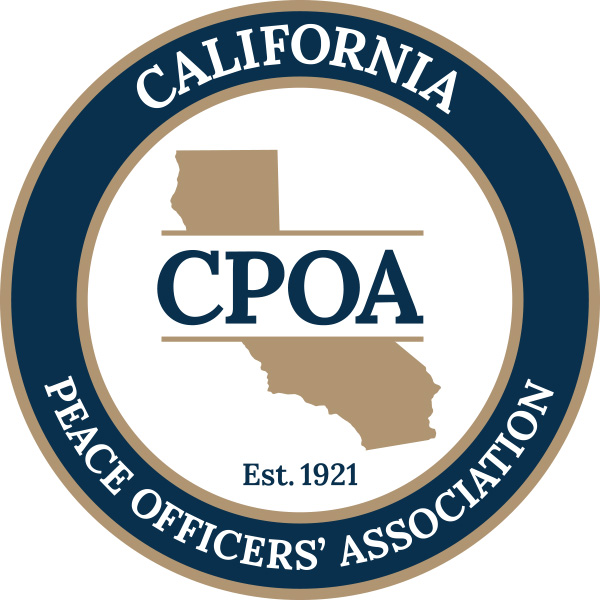By: Shaun Rundle, CPOA Deputy Director. Legislators feeling frustrated by a 2020 year impacted by the pandemic have reintroduced some of their failed measures from last year. They join newly installed colleagues in framing the 2021 legislative year (thus far) around who can be a cop, for how long, and under what circumstances. These efforts are complemented by introduced bills covering all use of force records release, chemical agent usage and media access to command posts. In many ways, déjà vu would be an understatement. With just over a month to go before all 2021 legislation must be introduced, we know we’re in for another bumpy year.
On February 4th CPOA’s Law & Legislation Committee will review the slew of measures introduced since lawmakers for the 2021-2022 session were sworn in last month. Many of these bills will be reintroductions, in almost if not exact language, of bills in 2020 that were either vetoed by the governor or died in committee or floor hearings.
There is an enduring thirst for further police reform, as evident by the creation of the Assembly Select Committee on Police Reform, chaired by Asm. Mike Gipson, who authored last year’s bill outlawing the carotid restraint by agencies.
Among the bills the committee will review, and potentially take positions on are:
Peace Officer Qualifications
There are several proposals under this category, ranging form hiring to retention of personnel.
AB 17 (Cooper-D) would disqualify a person from being a peace officer if they have been discharged from the military for a felony offense or have had their officer certification revoked by POST. AB 60 (Salas-D) similarly sets disqualification for anyone adjudicated by military tribunal for a felony offense. AB 89 (Jones-Sawyer-D) increases the minimum qualifying age from 18 to 25 years old, unless the person has a BA or AA degree. CPOA’s response to this proposal has been a preference to include collegiate coursework in the academy, so not to impact existing MOU’s with the military for hiring, nor impact underrepresented our lower income individuals who may not have access to a college degree pursuit.
Use of Force and Energy Projectiles
Since ‘Ferguson, Missouri’ became a household name in 2014 there has been legislation dealing with deadly force in one shape or another. Many of the 2021 proposals are failed attempts from last year from legislators who felt shortchanged by a truncated legislative session last year.
AB 26 (Holden-D) requires officers to immediately report potential excessive force and intercede when observing the application of such force. Much of this was already covered in the policies you all had to update by January 1st in the wake of 2019’s passage of SB 230. AB 48 (Gonzalez-D) would prohibit kinetic energy projectile use to disperse crowds who violate curfews or are in noncompliance with law enforcement directives. This bill is a near-exact replica of last year’s failed AB 66, which CPOA opposed.
Public and Media Access to Law Enforcement
Much of the news covering last year’s legislative session harped on the fact that several records reforms, such as SB 776 by Senator Nancy Skinner failed consideration. SB 16 (Skinner-D) is this year’s version of that bill, which would make every incident involving use of force subject to disclosure to the Public Records Act (PRA). I pushed back on the bill’s hearing last year because it proposed release of non-sustained records, which of course fall below the legal threshold for ‘proven’ cases of excessive force.
SB 98 (McGuire-D) is a reintroduction, under slight word alteration, of a bill last year hoping to grand duly authorized media access to LE commands posts at a protest or rally. Not only did CPOA have opposition last year to the loosely defined ‘duly authorized media’ but why they should have such access to a command post in the first place.
In addition to these bills making their journey through the Legislature this year, California will have a new Attorney General, and deal with legislative and committee proposals for further reform the criminal justice system. These proposals include the abolition of capital punishment, and recommendations of the Committee on Revision of the Penal Code, such as reducing punishments and fines, ending mandatory minimum sentences, and applying repealed sentence enhancements retroactively.
‘Criminal justice’ reform. What about victim justice? This will be another year where CPOA waits on bated breath to see if the Legislature gives that topic its warranted due. Stay tuned.


